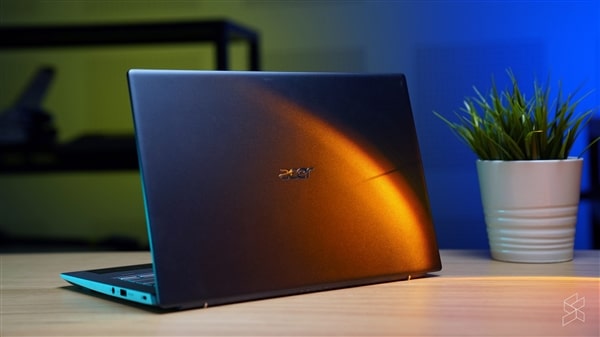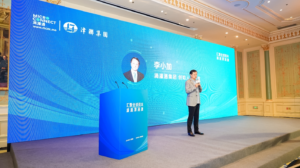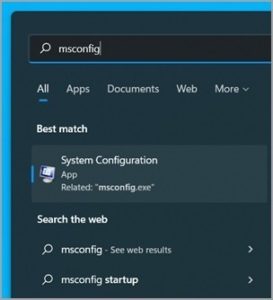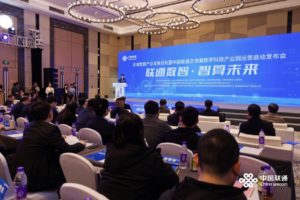Why does the laptop stop charging before it is fully charged?reason uncovered

[ad_1]
If you’re a heavy laptop user, you should know about laptop battery life and how to prevent it. However, have you ever encountered such a situation: your laptop battery is charged to about 60%, but it cannot continue to charge, why?
First, we need to understand how a laptop battery works. Laptop batteries typically use lithium-ion battery technology, which consists of multiple cells that store chemical energy.
When a laptop battery is connected to a power source for charging, electrical current is passed through the battery cells where chemical reactions convert electrical energy into chemical energy. When the battery is fully charged, the chemical reactions reach equilibrium and the battery stops charging.
Knowing this, I have a better understanding of why the laptop battery does not continue to charge when it is charged to about 60%.
The answer is simple: it is because of the design of the internal control circuit of the notebook battery. Most of the laptop batteries currently on the market adopt intelligent management technology. These batteries will automatically detect the charging status and power, and control the internal circuit to realize charging and discharging control.
One of the intelligent management technologies is called “cut-off voltage” technology. This technology means that after the battery voltage reaches a certain voltage (mostly 4.2V) during charging, the battery will stop charging to prevent the battery from being overcharged and damaging the battery life. Similarly, when the battery power drops to 10% during discharge, the discharge will be stopped to protect the battery from over-discharge.
Therefore, when the laptop battery is charged to about 60%, it will stop charging. This is because the intelligent management chip inside the battery thinks that the battery has reached enough power, and continuing to charge may shorten the battery life.
So, how can we better maintain the laptop battery?
To avoid overcharging or over-discharging, it is recommended to use regular power adapters and batteries.
Avoid using the battery in a temperature environment that is too high or too low. If the battery is used in an extreme temperature, its efficiency will be greatly reduced.
When the laptop is not in use for a long time, it is recommended to remove the battery for storage. Batteries that are not used for a long time are prone to natural discharge, resulting in shortened life.
Regularly charge and discharge the laptop battery, which is helpful to improve the healthy life of the battery.
In short, we can prolong the service life of the laptop battery through scientific use and maintenance methods, so that it can perform its due functions for a long time, and at the same time reduce the impact on the environment.
[ad_2]
Source link








